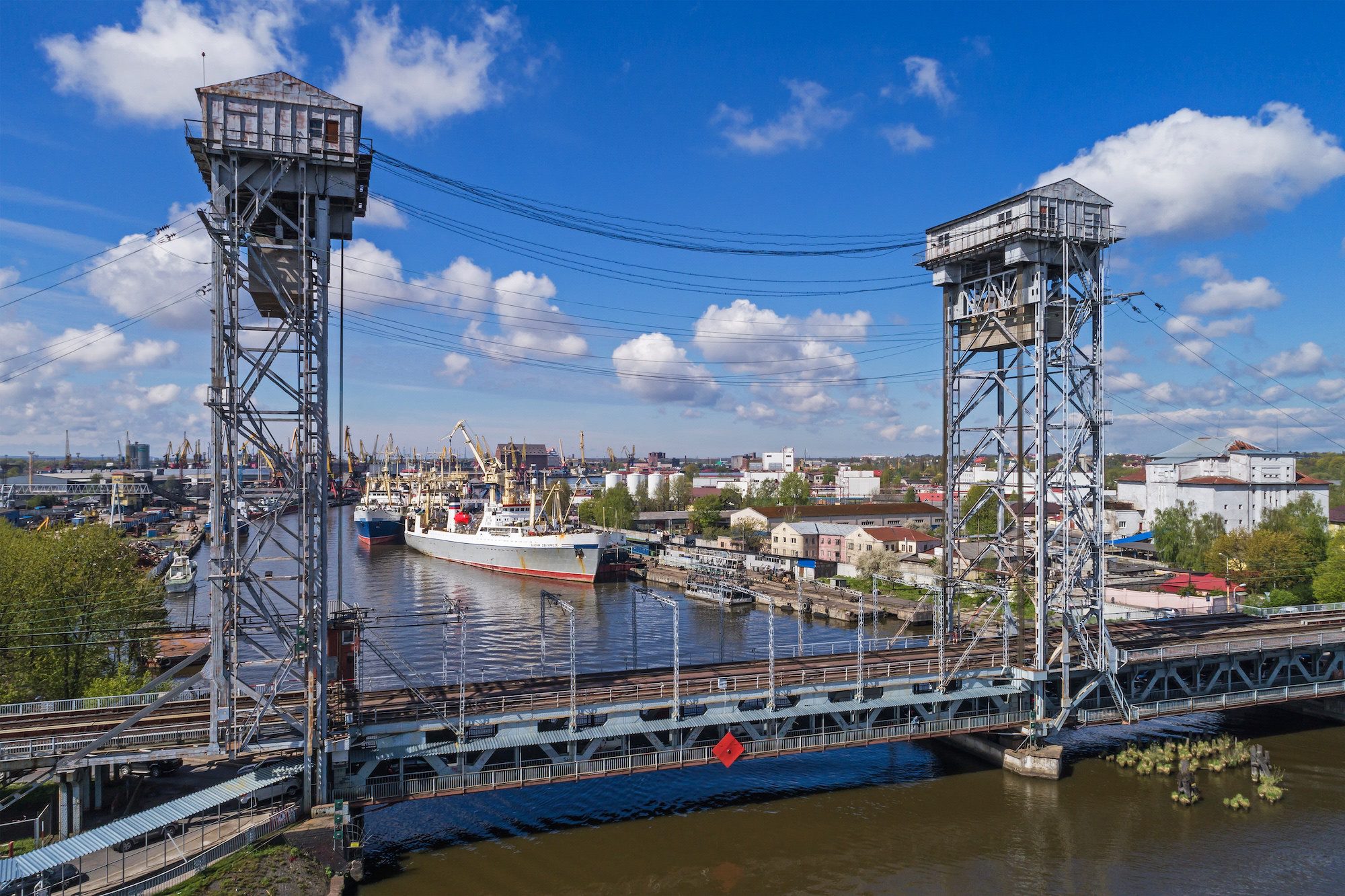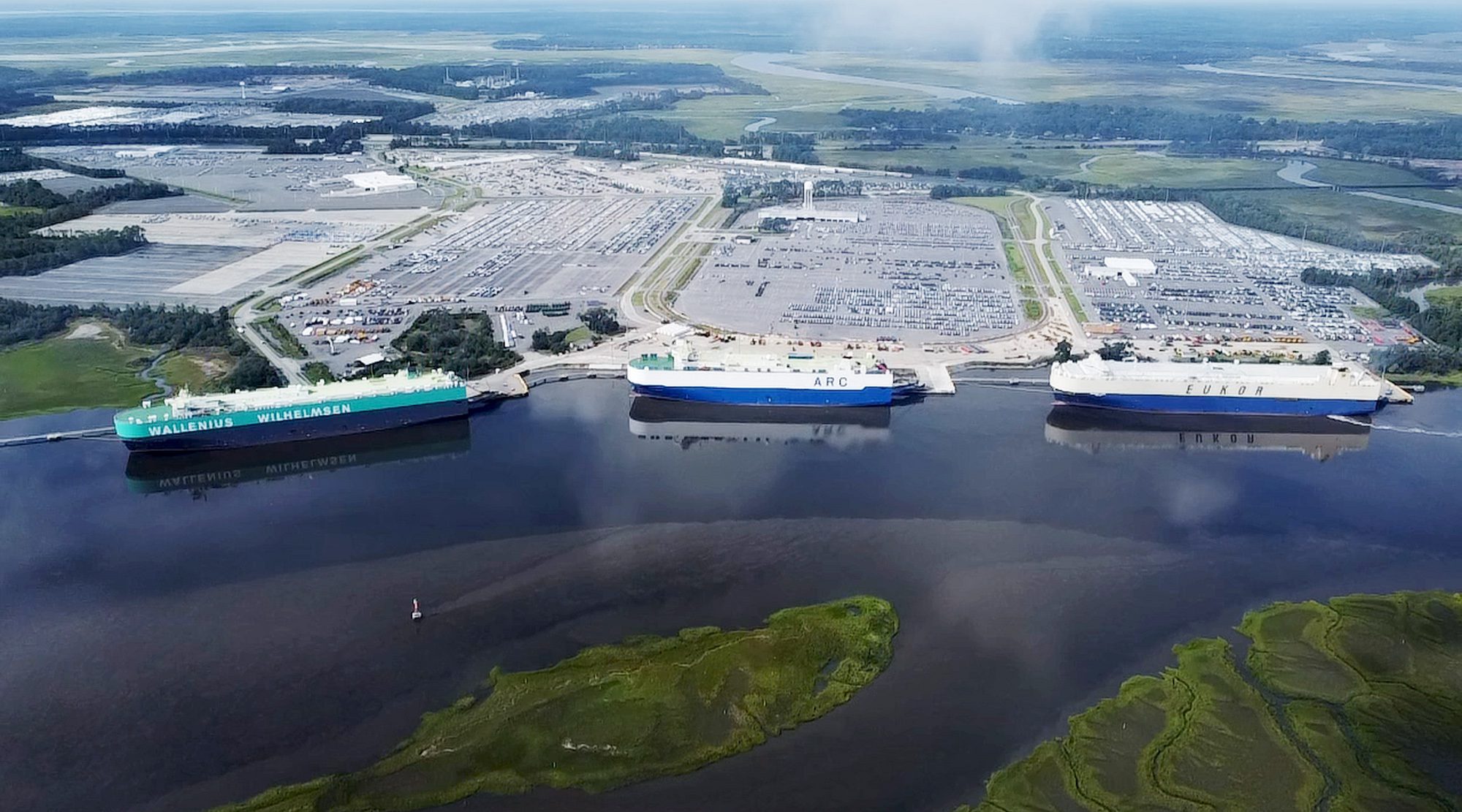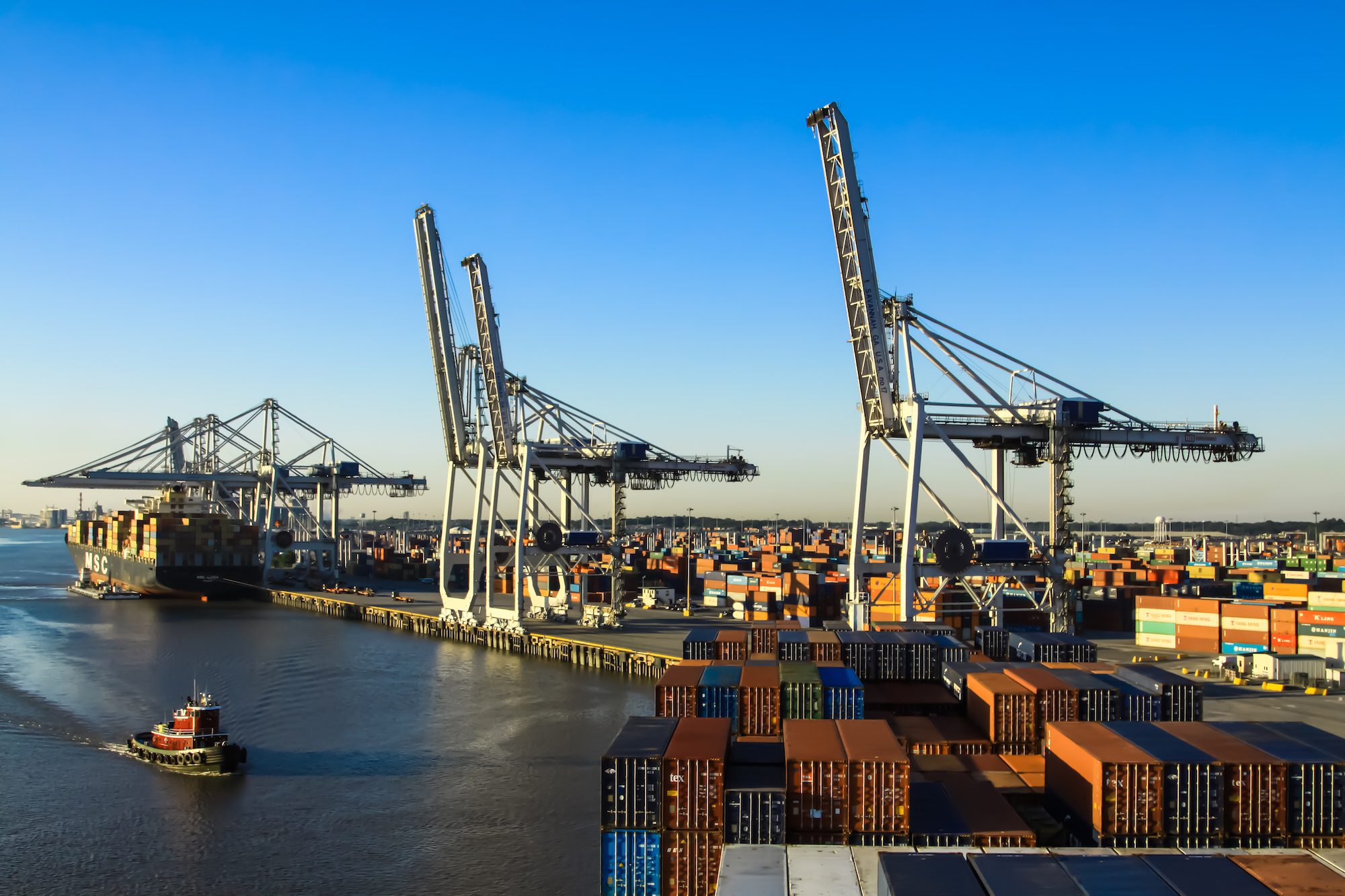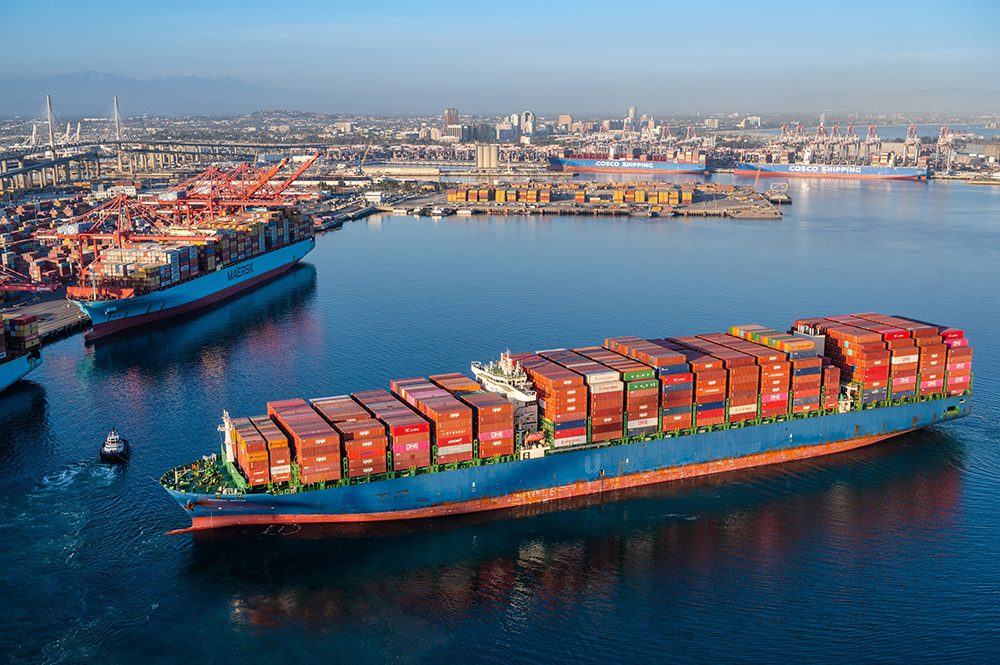by John Konrad (gCaptain) On Wednesday, the European Commission released guidance aimed at reducing tensions with Moscow over cargo shipments between the port of Kaliningrad – a Russian exclave sandwiched between Poland and Lithuania in the Baltic Sea – and Russia proper.
The EU said it will not stop most non-military goods traveling on rail from reaching the Baltic port in Lithuania. The move comes after weeks of discussions with EU diplomats over which sanctions should be imposed on Russian products and the scope and intensity of Lithuania’s inspection of Russian trains.
Kaliningrad is major transportation hub and the headquarters of the Baltic Fleet of the Russian Navy. It is also one of the largest industrial centers in Russia, but it’s separated from the rest of Russia by Lithuania.
“The EU’s decision is a display of realism and common sense,” said Russian foreign ministry spokeswoman Maria Zakharova. “But we still have questions about the document in question.”
Lithuania officials said they have correctly implemented the EU’s sanctions against Russian and are within their right to inspect Russian trains. They have denied Russia’s claims that their actions have “blockaded” the port.
Unlock Exclusive Insights Today!
Join the gCaptain Club for curated content, insider opinions, and vibrant community discussions.

 Join The Club
Join The Club













